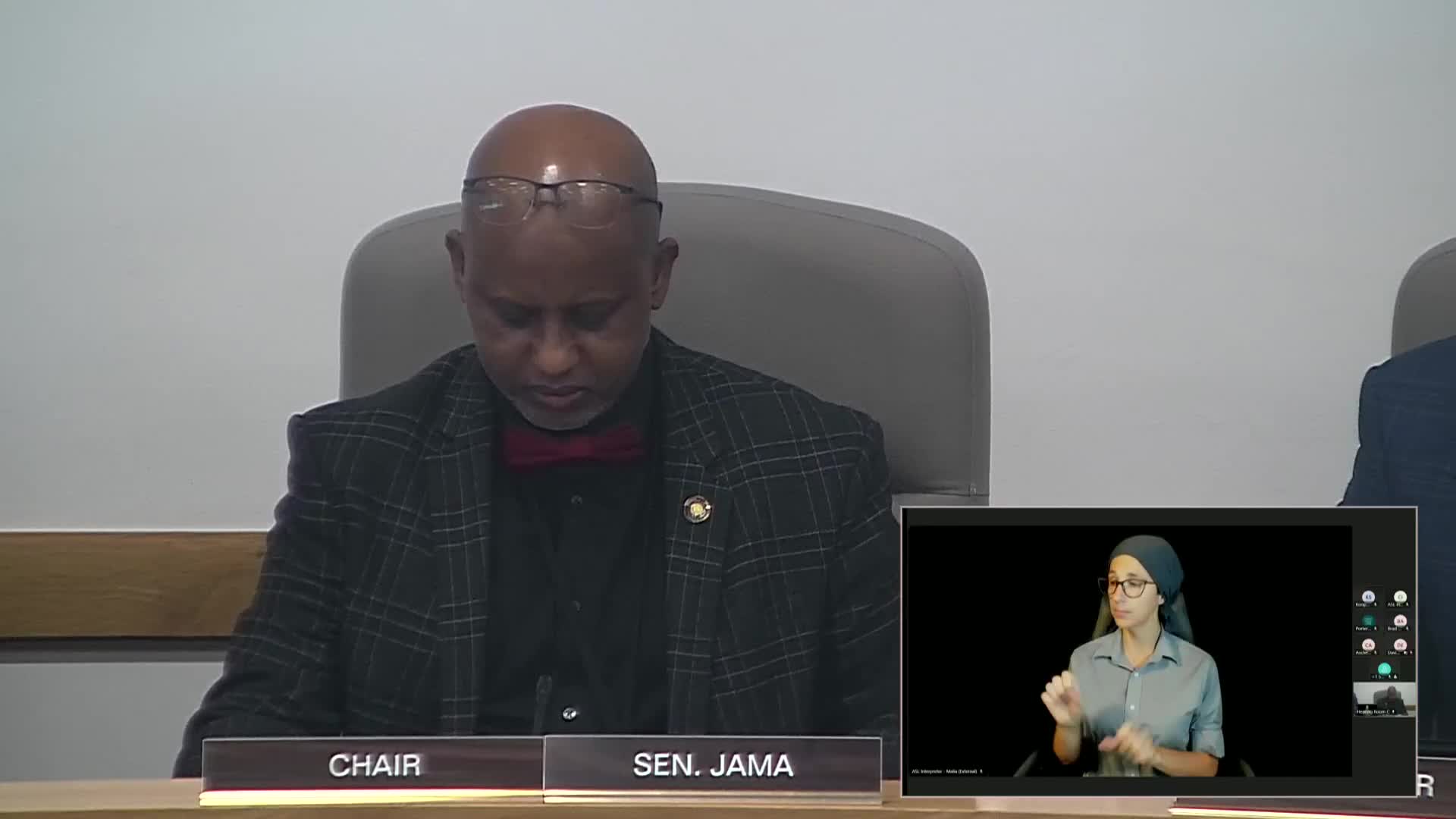Senate Rules Committee advances bill to require digital platforms to pay or arbitrate payments to news providers despite constitutional concerns
Get AI-powered insights, summaries, and transcripts
Subscribe
Summary
Senate Committee on Rules on Monday adopted the dash-3 amendment to Senate Bill 686, which would require certain large online platforms to pay digital journalism providers, enter arbitration to set revenue shares, or donate to a new Oregon Civic Information Consortium.
Senate Committee on Rules on Monday adopted a key amendment to Senate Bill 686, a measure that would require certain large online platforms to either pay digital journalism providers, enter arbitration to set advertising-revenue shares, or donate to a newly created Oregon Civic Information Consortium.
The bill’s legal counsel told the committee that if challenged, courts would likely find the measure violates both federal and state constitutional provisions, including takings protections. "If challenged, the court would likely find that Senate Bill 686 and the dash-3 violates certain provisions of the federal and state constitutions," Christopher Allnat, Deputy Legislative Counsel, told the committee.
The dash-3 amendment replaces the introduced bill with several changes: it sets a mechanism for covered platforms to demonstrate worldwide monthly active users or to enter a final arbitration process; allocates 10% of payments to the Oregon Civic Information Consortium and 90% to digital journalism providers; revises the membership and mission of the consortium board; allows providers to request either a grant from the consortium or compensation from the annual payment but not both; removes a clause that would have barred platforms from retaliating against providers; and adjusts definitions and arbitration procedures. Allnat described the measure and the amendatory changes and told senators the amendment has a minimal fiscal impact.
Committee debate centered on constitutional risk and policy goals. Vice Chair Bonham repeatedly raised the Legislature’s oath to uphold constitutional limits and said the Office of Legislative Counsel (LC) had flagged constitutionality issues, including an argument that the bill could run afoul of the Takings Clause. "We have our own attorneys that have very affirmatively said, this is a challenge," Bonham said during debate.
Several senators questioned how the program would operate in practice. Senator Golden said he heard counsel describe constitutional questions but not a definitive ruling that the bill was unconstitutional; he framed the bill as addressing a broader economic problem in which large Internet platforms capture more value than content creators. "This bill addresses a huge foundational problem in our economy that goes way beyond media," Golden said. Senator Manning urged the committee not to be swayed by industry threats, saying he would "stand up and fight for the underdog."
The committee adopted the dash-3 amendment on a motion from Senator Manning and later moved SB 686, as amended, to the Senate floor with a "do pass" recommendation. The committee recorded notice that a minority report would be filed.
The measure would create the Oregon Civic Information Consortium to distribute funds and set up an arbitration process to determine advertising-revenue sharing; it also contemplates an annual payment pool that testimony referenced at times as "$122,000,000," and members asked whether a single provider could receive the full pool if it were the only applicant. Christopher Allnat said that, under the program design, if only one provider applied, that provider could receive the pool.
Discussion vs. decision: the committee’s debate was substantive and repeatedly raised constitutional uncertainty. Committee counsel provided an advisory opinion, not a court determination; several senators said they were prepared to move the bill forward and allow the courts to adjudicate any legal challenges, while others said the LC opinion counseled against forwarding the bill.
The committee’s formal actions on Monday were limited to adopting the dash-3 amendment and advancing the bill to the floor with a recommendation; no implementation steps or funding distributions were finalized in committee.
What’s next: SB 686 as amended will be scheduled for floor consideration. If enacted and challenged in court, the LC warned the bill could face likely constitutional challenges, including takings claims.
